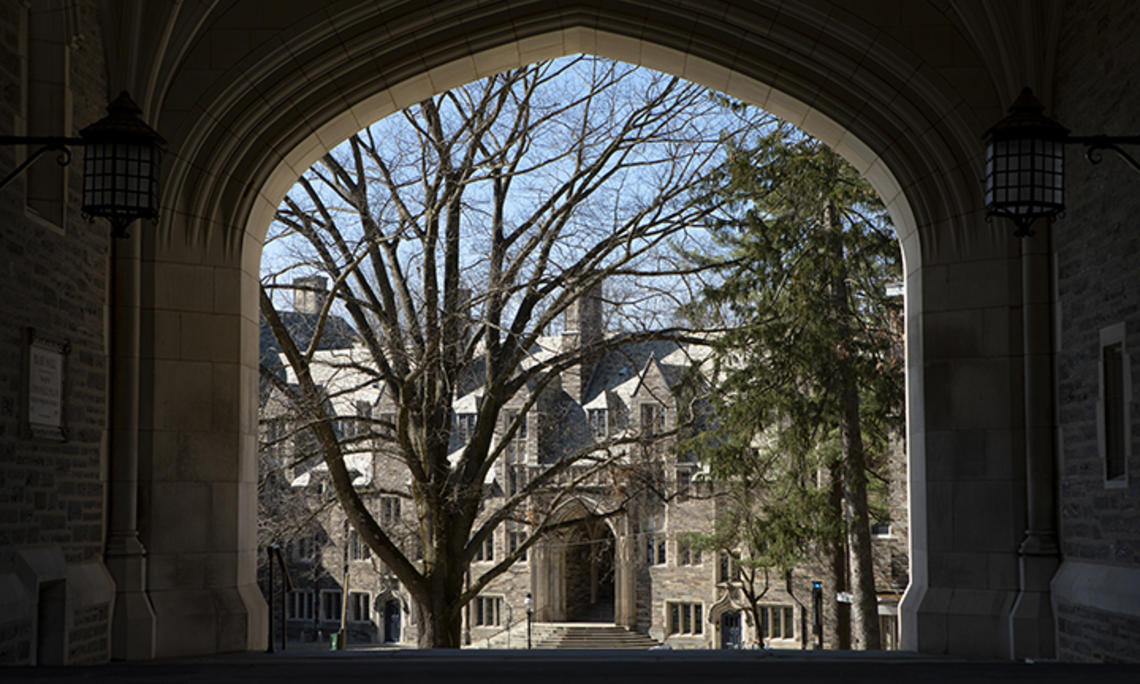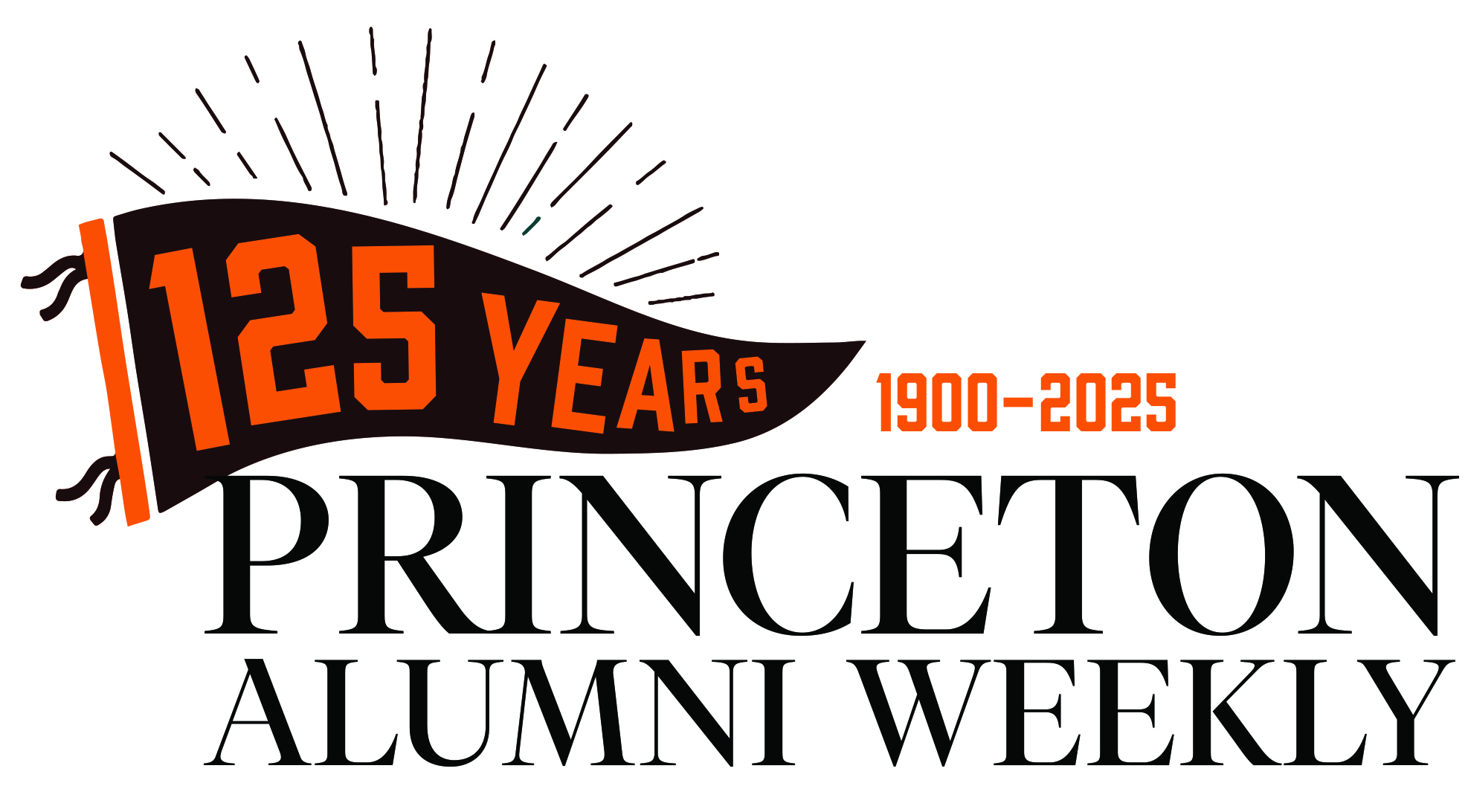
When I was a Princeton undergraduate, University departments communicated via letters, flyers, and bulletin boards. Today, websites, social media, and e-mail allow for the instantaneous and widespread dissemination of messages to the campus and beyond.
In this new media environment, University officials regularly face sensitive and difficult questions about whether to comment upon social and political controversies. Some people believe that at a time when basic principles of democracy appear to be in jeopardy, universities and their leaders have a responsibility to make their voices heard on a wide range of issues. Others worry that universities may thereby create orthodoxies that discourage open discussion and debate.
I recently asked a faculty committee to consider whether Princeton should have a policy regulating the discretion of academic or administrative units to publish opinions on behalf of the unit. I expect the committee to make recommendations to the faculty in the spring semester.
Whatever the committee and the faculty decide about official statements, individual members of the University — including administrators and academic leaders — will retain broad freedom to speak in their own name.
When I consider whether to speak on an issue, I begin from the recognition that my principal responsibility as president is to ensure that the University remains an impartial forum for vigorous, high-quality discussion, debate, scholarship, and teaching. I therefore have a presumption against commenting on social, moral, or political topics.
This presumption is not, however, absolute, and there are occasions when I choose to reaffirm or elaborate values that are fundamental to our community or mission.
In pursuing this approach, I take guidance from my predecessors, especially the balance of ethical commitment and institutional restraint demonstrated by Robert Goheen. Goheen served as Princeton’s president from 1957 to 1972, a period that encompassed the social upheavals of the 1960s, coeducation of the University, and the Vietnam War.
He believed, as do I, that the University must protect “fully the freedom to search, to hear, to disagree, to test our ideas against others” so that it remains “a place for untrammeled, rational inquiry and debate.”
Goheen also regarded it as essential to speak up for what he called “the basic tenets” of the University. For example, when students invited Mississippi’s segregationist governor, Ross Barnett, to speak at Princeton in 1963, Goheen simultaneously defended Barnett’s right to speak and condemned the invitation as inconsistent with the University’s commitment to “the fair and equal treatment of all persons.”
One of Goheen’s greatest tests came years later, when American college campuses erupted in sometimes violent protest over the Vietnam War. On May 4, 1970, Goheen presided at a meeting of more than 4,000 students, faculty, and staff in Jadwin Gymnasium. A majority voted that the University should go on strike to protest the American invasion of Cambodia. The University suspended final exams, allowing students to complete their work in the autumn.
In her 2008 commencement address, delivered a few months after Goheen’s death, President Shirley Tilghman praised him for “[h]is calm willingness to listen at University gatherings where students and faculty vented their fury and frustration at events outside of their control.”
Goheen led Princeton through an exceptionally difficult period by creating and respecting processes that permitted the community to deliberate about and express its values. “Many attributed the wisdom and flexibility of President Robert Goheen’s administration as the reason that Princeton was able to avoid the turmoil and violence on campuses elsewhere,” according to a short history by the University archives.
Some other universities attempted to pursue a policy of strict “institutional neutrality” with regard to strikes, divestment, or other official actions, though perhaps not with regard to presidential statements. Princeton instead adopted a posture that Goheen’s provost and eventual successor, President William G. Bowen, called “institutional restraint.”
Bowen distinguished “restraint” from “neutrality.” In 1985, Bowen said: “[Princeton] is a value-laden institution, and it is for that reason that I avoid using the word ‘neutrality’ to describe its aims. … But the University’s core values emanate from its character as a university. In this setting, the unrelenting, open-minded search for truth is itself the highest value; it is not to be sacrificed to anything else.”
This notion, of the University as simultaneously valueladen and committed to institutional restraint, captures the balance that Bob Goheen achieved as he led Princeton through the 1960s.
It has also guided the University during other major controversies, including divestment issues pertaining to South Africa in the 1970s and ’80s and the fossil fuel industry today. A strict policy of neutrality would preclude any divestment decisions. Princeton has taken a different tack.
In 1978, the University trustees affirmed the basic principle of institutional restraint with regard to matters of divestment, saying that “there is a strong presumption against the University as an institution taking a position or playing an active role with respect to external issues of a political, economic, social, moral, or legal character.”
The trustees have also recognized, however, that this presumption can yield in “very unusual situations” involving a “direct and serious contradiction” between an investment and a “central value” of the University.
As our faculty committee considers policies to guide or limit messaging on behalf of University departments or units, it will add another chapter to Princeton’s distinctive tradition. While there are no easy or simple answers to the questions confronting the committee, I expect that Princeton’s history will provide useful precedents for it to examine.











0 Responses